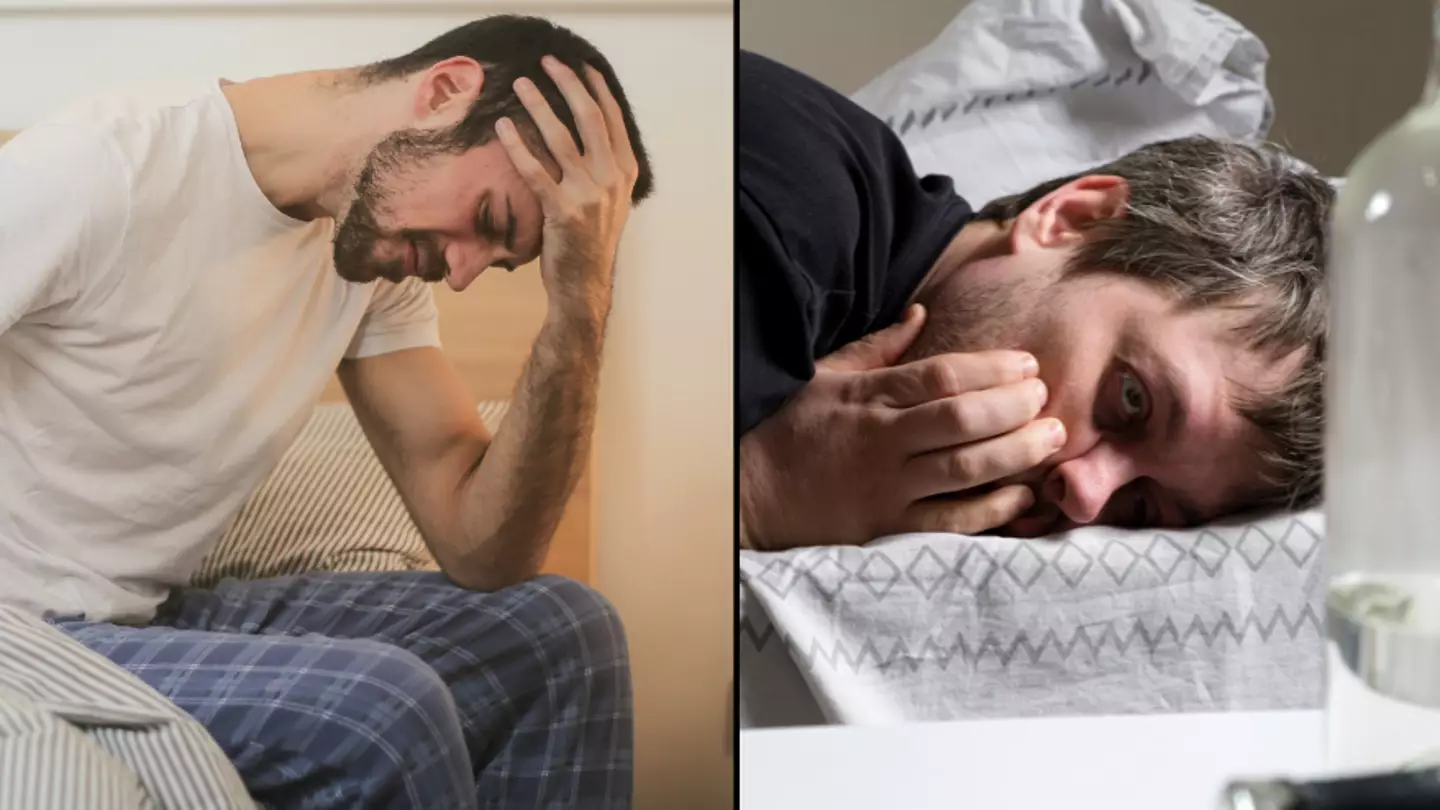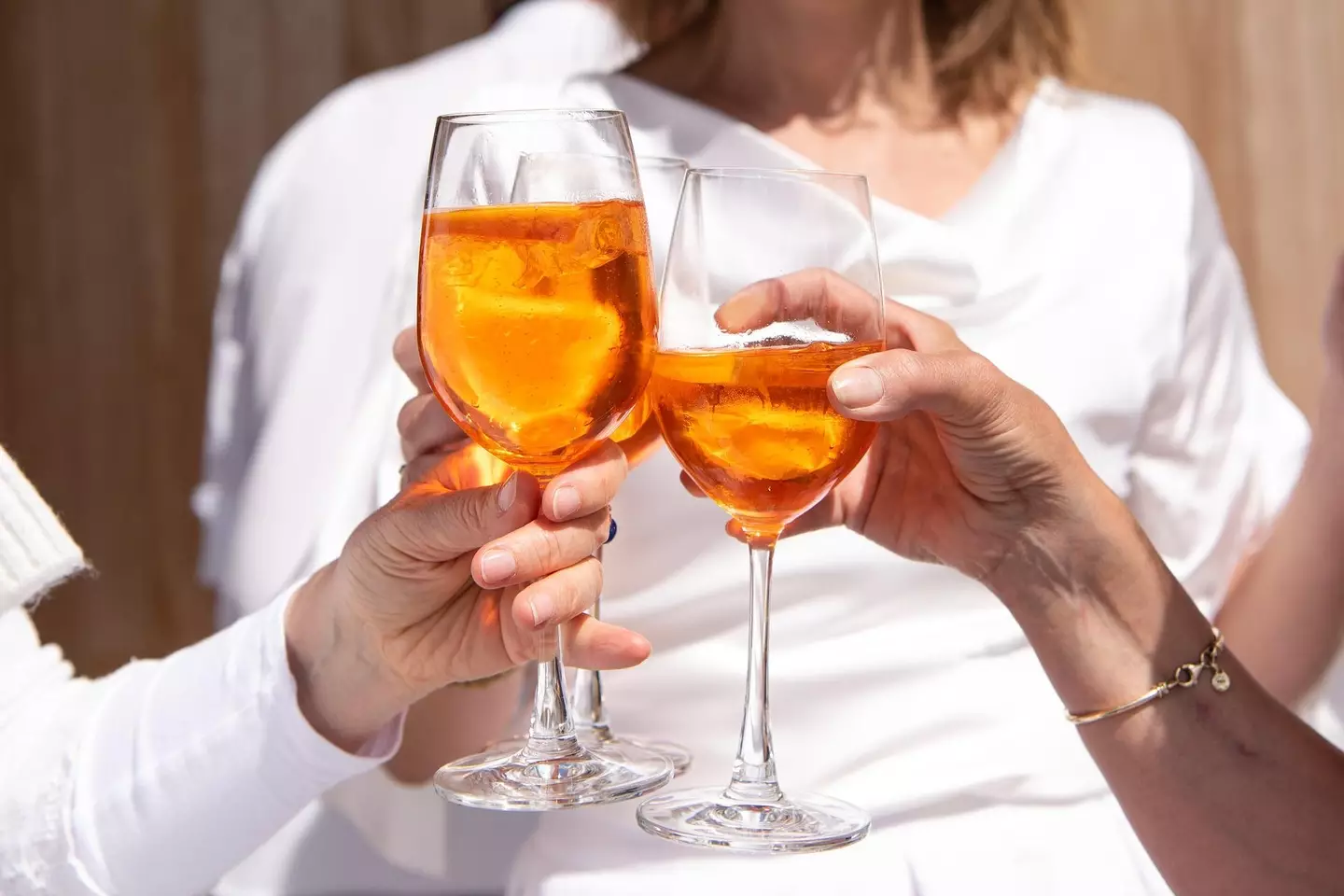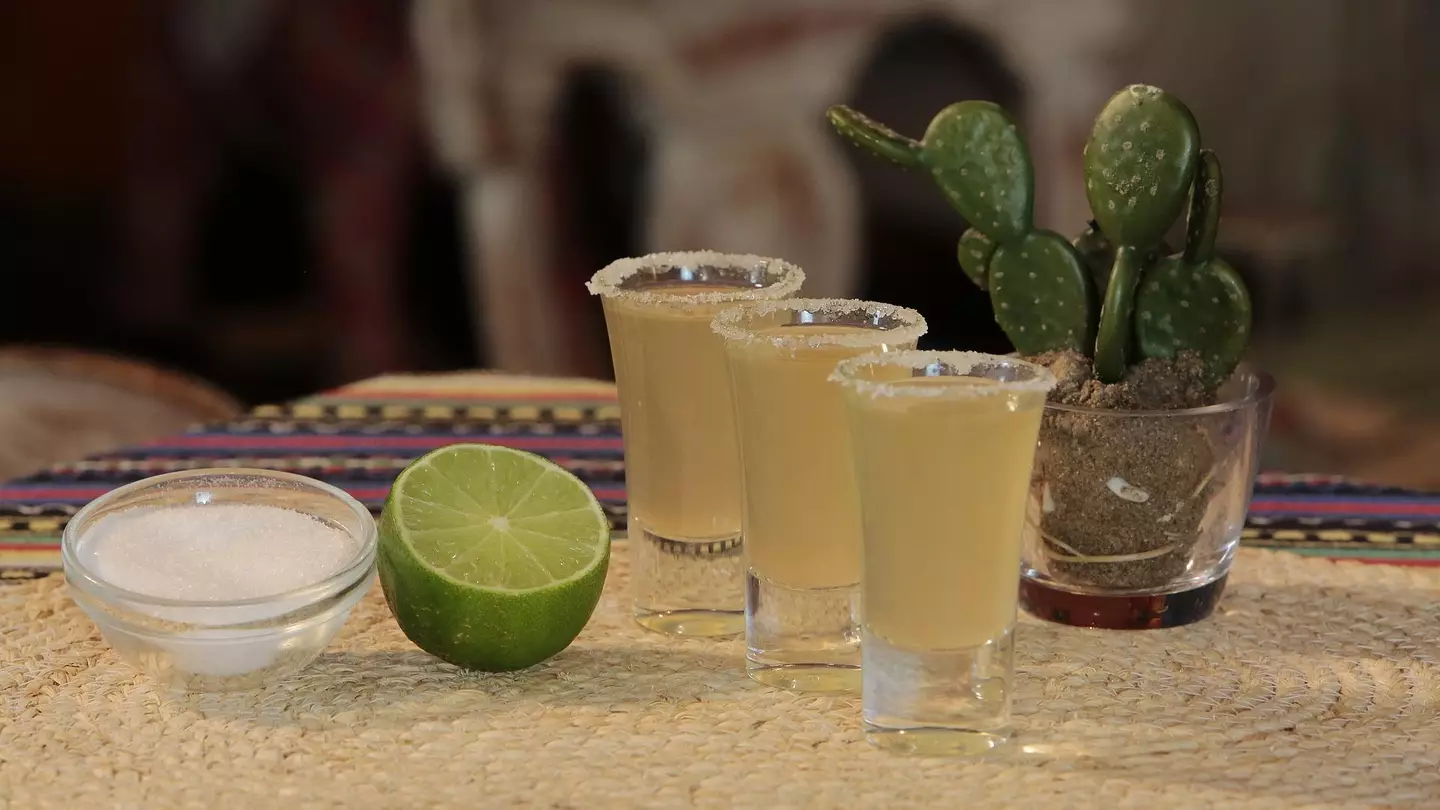
You're in your early 20s; you wake up after three hours of sleep and countless drinks with nothing more than a hint of tiredness and a need for greasy food.
Flash forward a few years, and one too many sips of wine after a long day is enough to leave you out of action for hours the following morning, being forced to become best friends with paracetamol and swearing you'll never touch another drink as long as you live. Or at least until the weekend.
It's a very unfortunate turn of events, but one which is pretty much unavoidable as our bodies get less and less good at dealing with alcohol.

Advert
Things continue to worsen throughout your 20s, but apparently it's one specific year in your 30s when the hangovers really start to do some damage.
According to survey of 2,000 people aged from 18 to 65 commissioned by greeting-card company Thortful, it's your 34th birthday you have to dread if you're not someone who does well after drinking.
That's the age respondents felt their hangovers really started to sting, while the following year was found to be the one where hangover start to last two days. So there's your weekend gone.
Apparently we're not very good at learning from our mistakes, though, and it's not until the age of 37 when people finally start to acknowledge and recognise their limits.
After that, it seems the fear of being hungover gets the better of us as 38 is when people start feeling too ‘old’ to go out, while those who have chosen to start a family found that at 39 they started to feel more drunk after just two drinks.
Advert

Dr. Deborah Lee, of Dr Fox Online Pharmacy, said little research has been conducted on the severity of hangovers with ageing, but explained they come about due to 'the breakdown of alcohol and the persisting presence of its toxic metabolite – acetaldehyde – in the body', Metro reports.
"Hangovers are likely to worsen with age because the activity of the key enzymes involved in alcohol breakdown becomes less efficient with age," the doctor explained. "Also, older people have less muscle and more fat, plus the distribution of water within the body alters as we age. The end result is higher levels of blood alcohol which take longer to metabolise."
Many people in their late teens and early 20s might brush off the comments from older friends to 'enjoy it while it lasts', but if the results of this survey are anything to go by, we really should start making the most of our milder hangovers.
Topics: Food And Drink, Health, Science